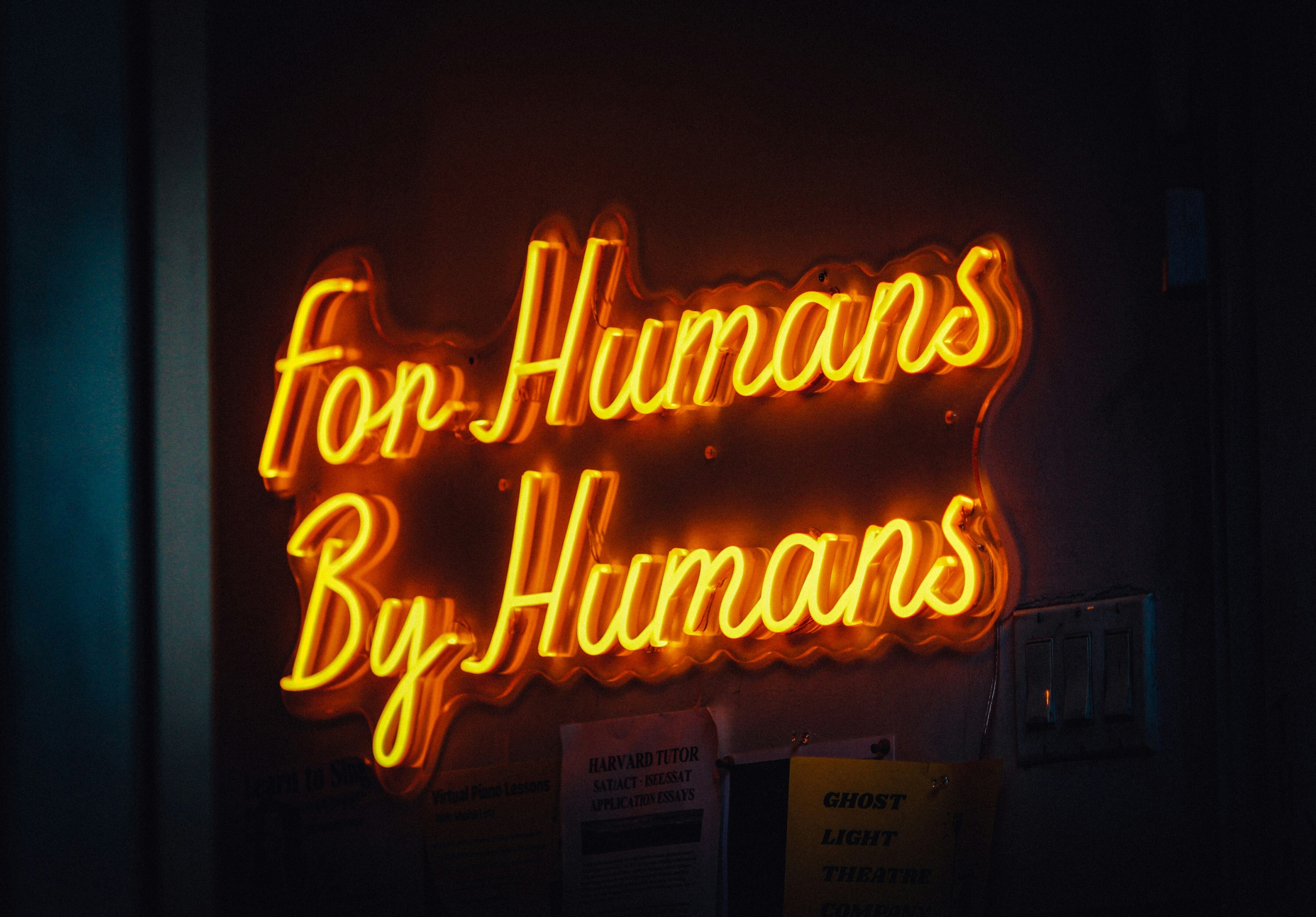The world's best teacher wants to put an artist in every UK school

Arts and creative teaching in schools is declining, yet demand for creative jobs are increasing
Image: World Economic Forum / Boris Bal
Stay up to date:
Education, Gender and Work
- Artists in Residence scheme aims to raise the status of arts in education
- Arts and creative teaching is declining in schools across the UK
- Although demand for these skills is likely to increase
A lack of arts tuition in schools is endangering the UK’s skills set and preventing children from accessing a key area for social mobility, according to one of the world’s best teachers.
Andria Zafirakou, who won the $1 million Varkey Foundation Global Teacher Prize in 2018, is on a quest to redress the balance, rolling out a programme called Artists in Residence which aims to raise the profile of creative subjects by connecting professionals with schools in poorer areas.
As a teacher of arts and textiles, Zafirakou knows the benefits a rounded education can bring. In her home country, the UK, mainstream funding for the arts has been declining. Between 2010 and 2018, the number of hours the arts were taught in England’s secondary schools fell by 23%, and the number of arts teachers fell by 22%, according to Department for Education figures.
And a report by The Education Policy Institute found that the proportion of 15- to 16-year-olds studying art subjects in the country had fallen to the lowest level in decades.
“I want to raise pupil aspirations for employment in the creative industries and prepare them for the jobs of the future,” Zafirakou says. “I want the arts to be the foundation for this. Artists in Residence brings artists from all areas into schools and enables students to vision an exciting world they can be a part of.”
Having started in London, the initiative will now expand to Newcastle, Manchester and Poole, Dorset, and there are plans to implement it in Scotland and Wales.
“Human” skills such as creativity, originality, critical thinking, persuasion, and negotiation are set to increase in value as the Fourth Industrial Revolution advances, according to the World Economic Forum’s Future of Jobs report, which looks at how technology is set to reshape our working lives.
Artists in Residence hopes to inspire young minds, while also raising the status and value of creative arts in education and supporting schools to broaden their curriculums.
“The future is about creativity,” says Simon Schama, an art historian involved in the project. “The irreplaceable core that will not be replaced by machines.”
Don't miss any update on this topic
Create a free account and access your personalized content collection with our latest publications and analyses.
License and Republishing
World Economic Forum articles may be republished in accordance with the Creative Commons Attribution-NonCommercial-NoDerivatives 4.0 International Public License, and in accordance with our Terms of Use.
The views expressed in this article are those of the author alone and not the World Economic Forum.
Forum Stories newsletter
Bringing you weekly curated insights and analysis on the global issues that matter.
More on Education and SkillsSee all
Neeti Mehta Shukla
August 1, 2025
Naoko Tochibayashi
July 30, 2025
Lisa Bechtold
July 29, 2025
Veronica Frisancho
July 22, 2025
Sasha Havlicek and Daniel Dobrygowski
July 21, 2025
William Dixon
July 16, 2025






